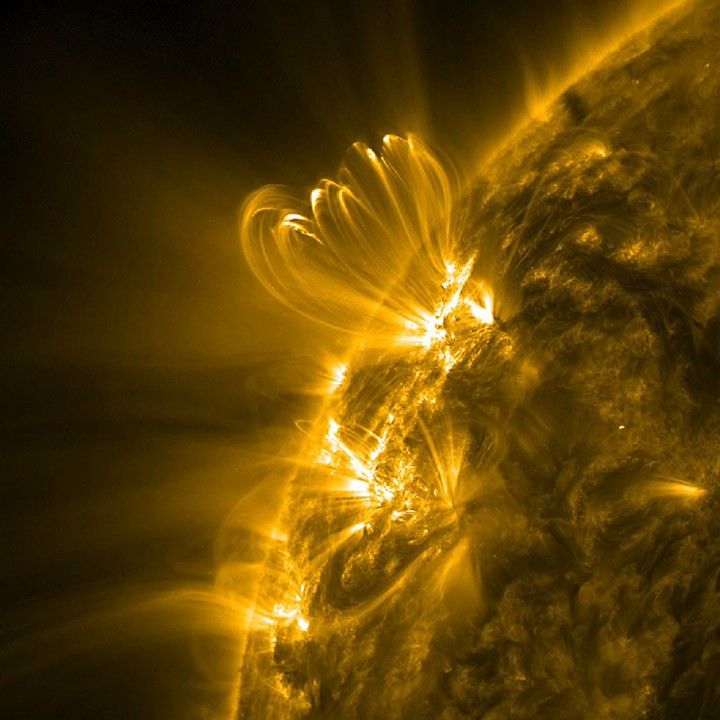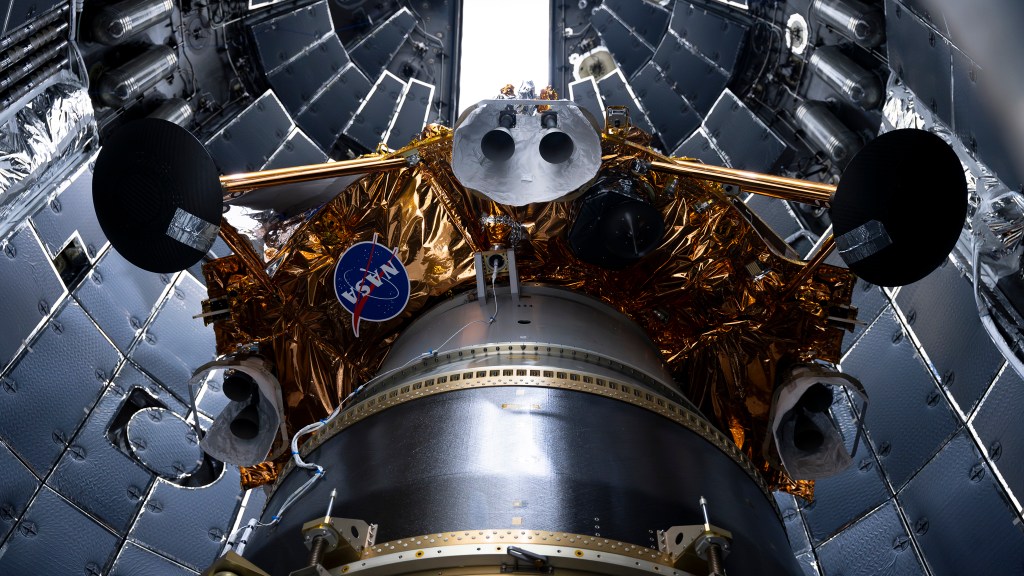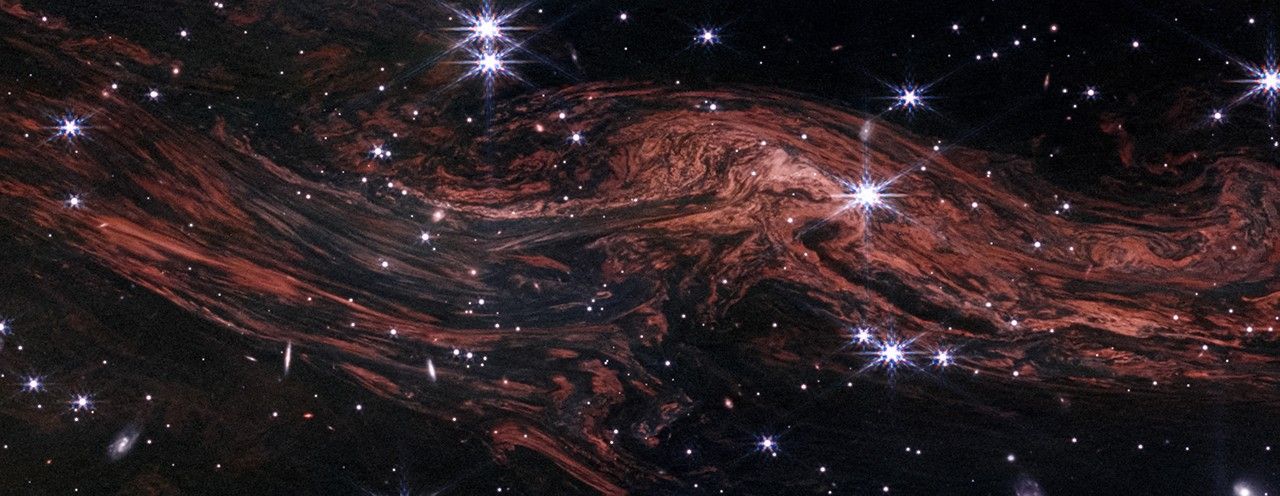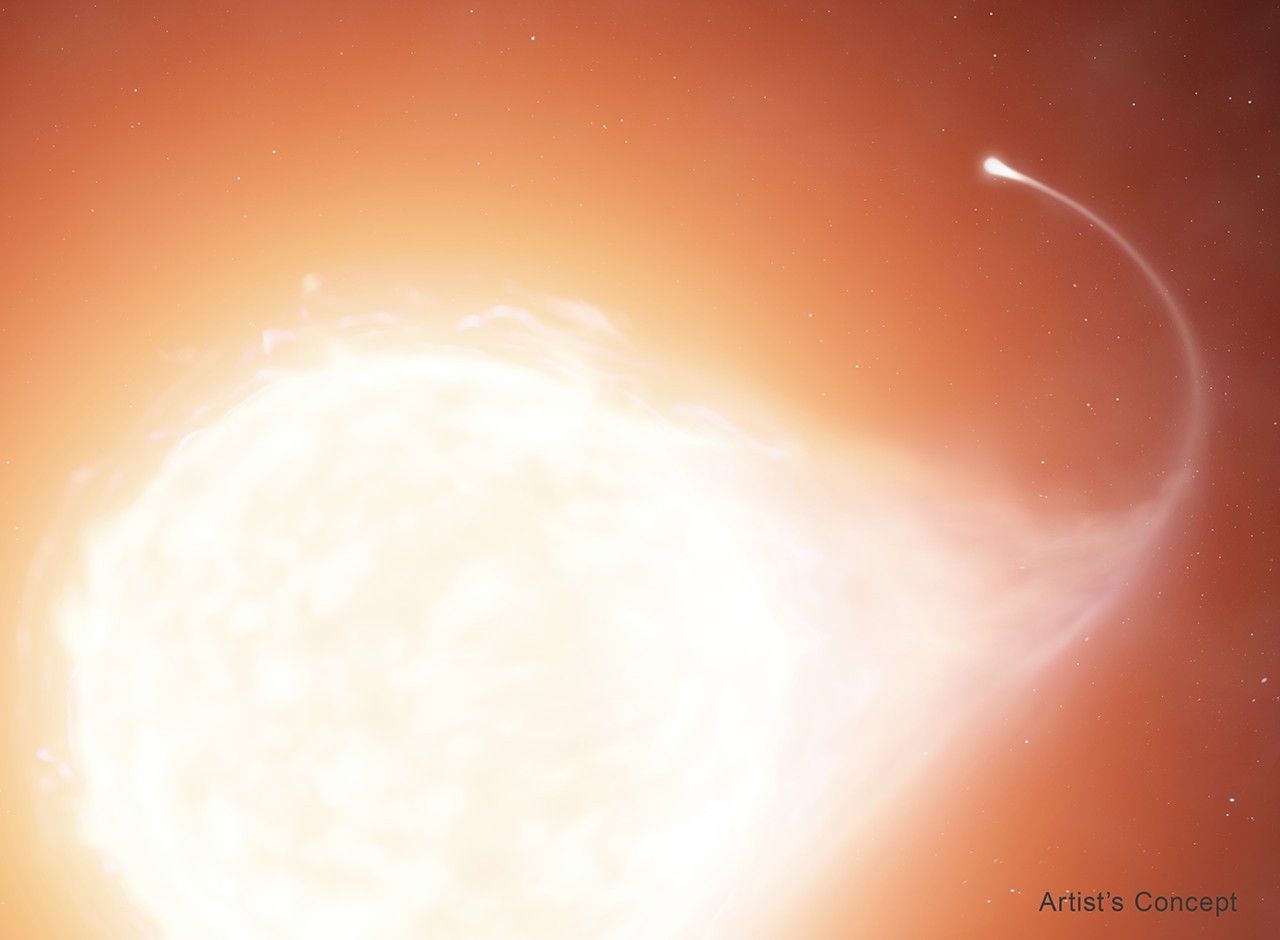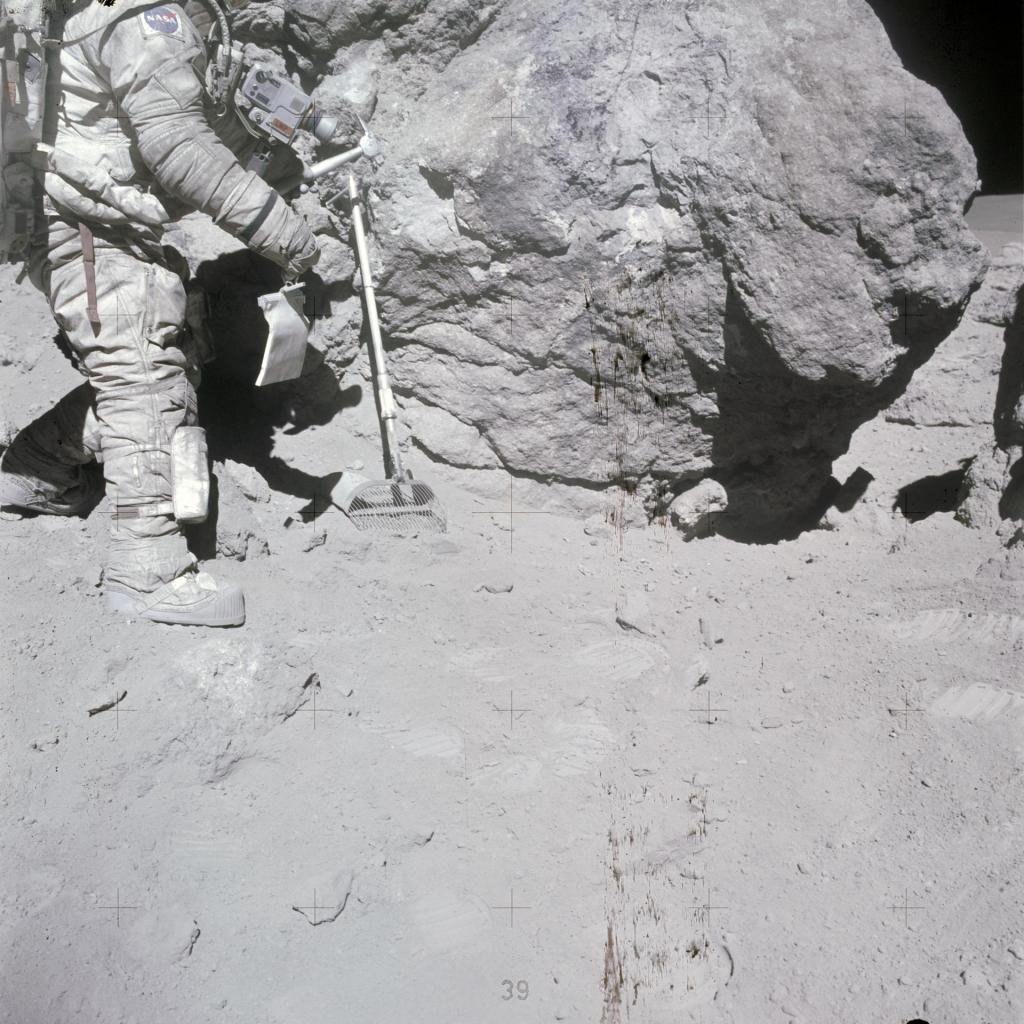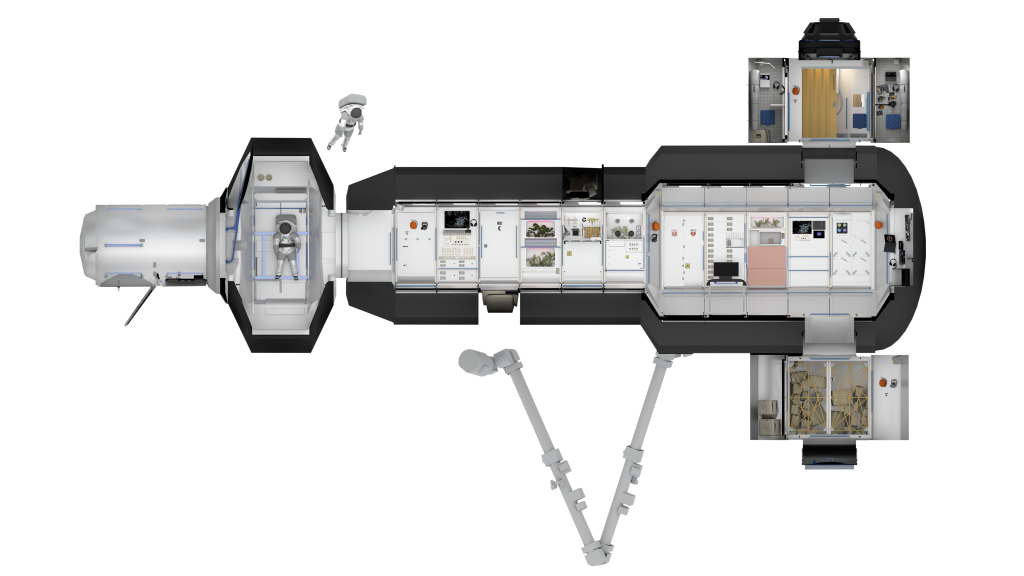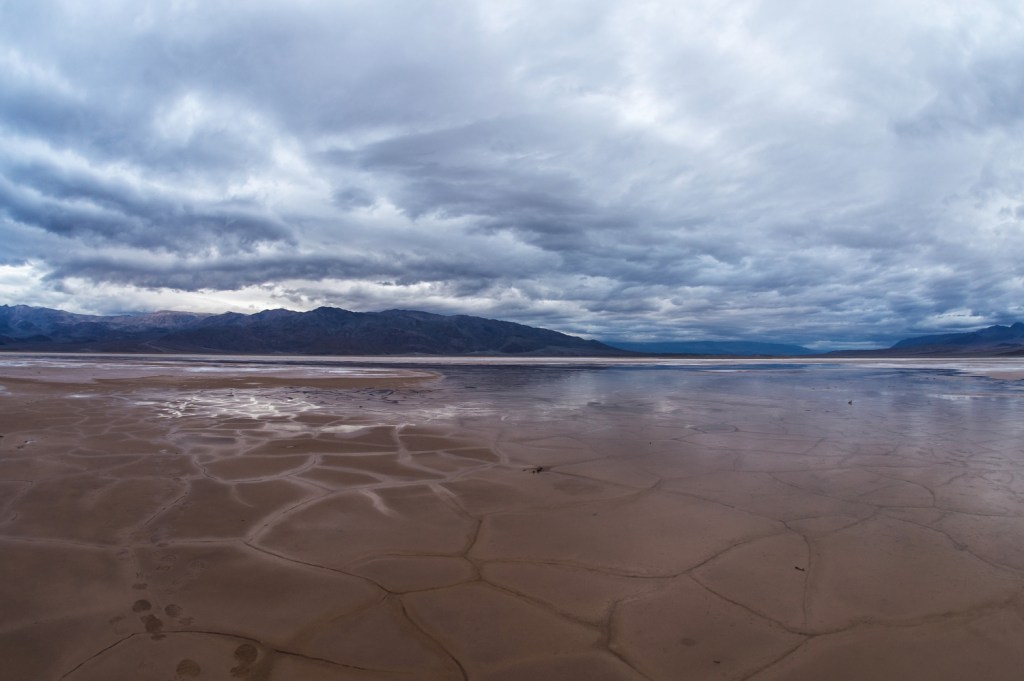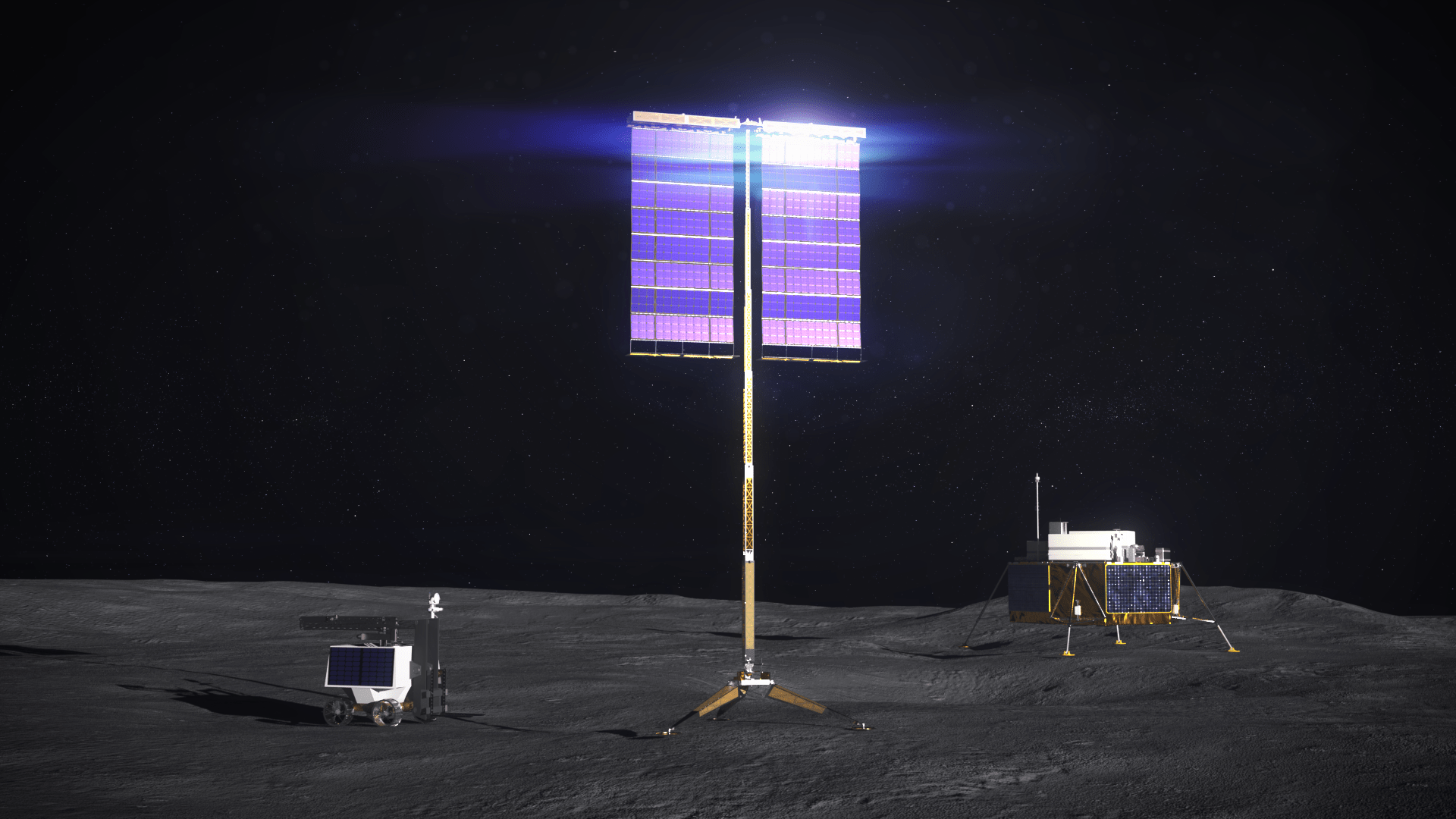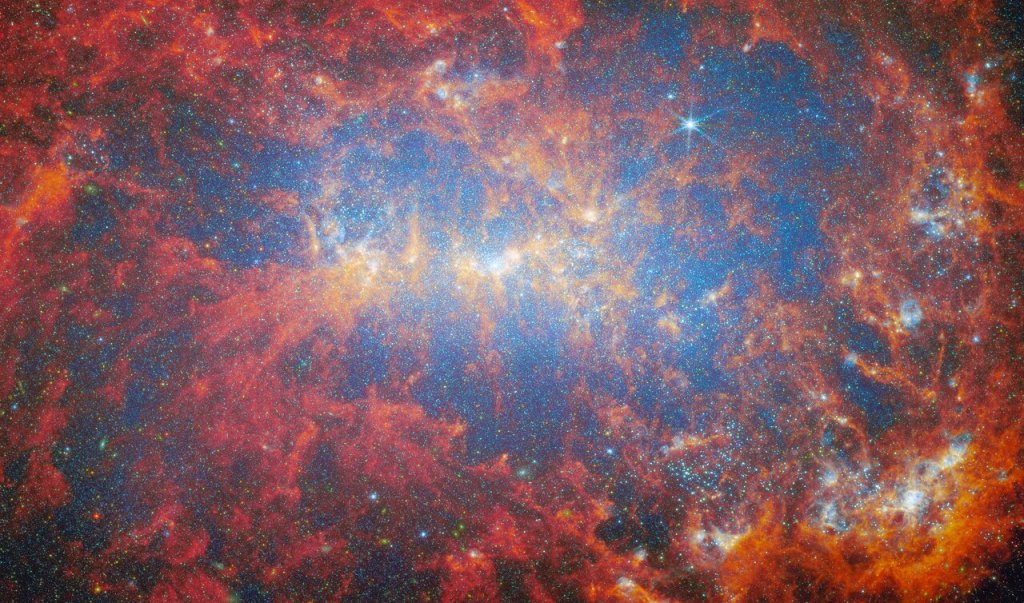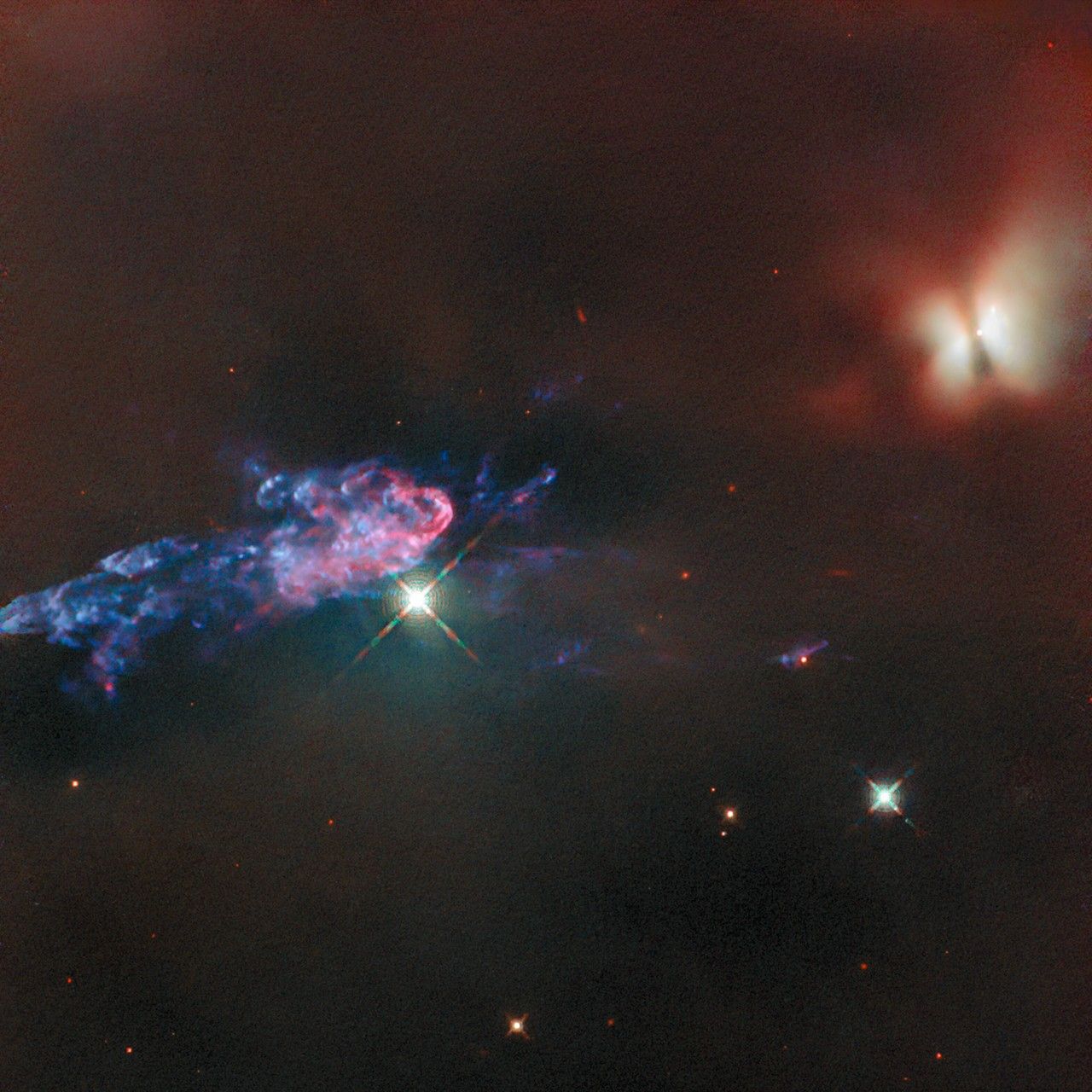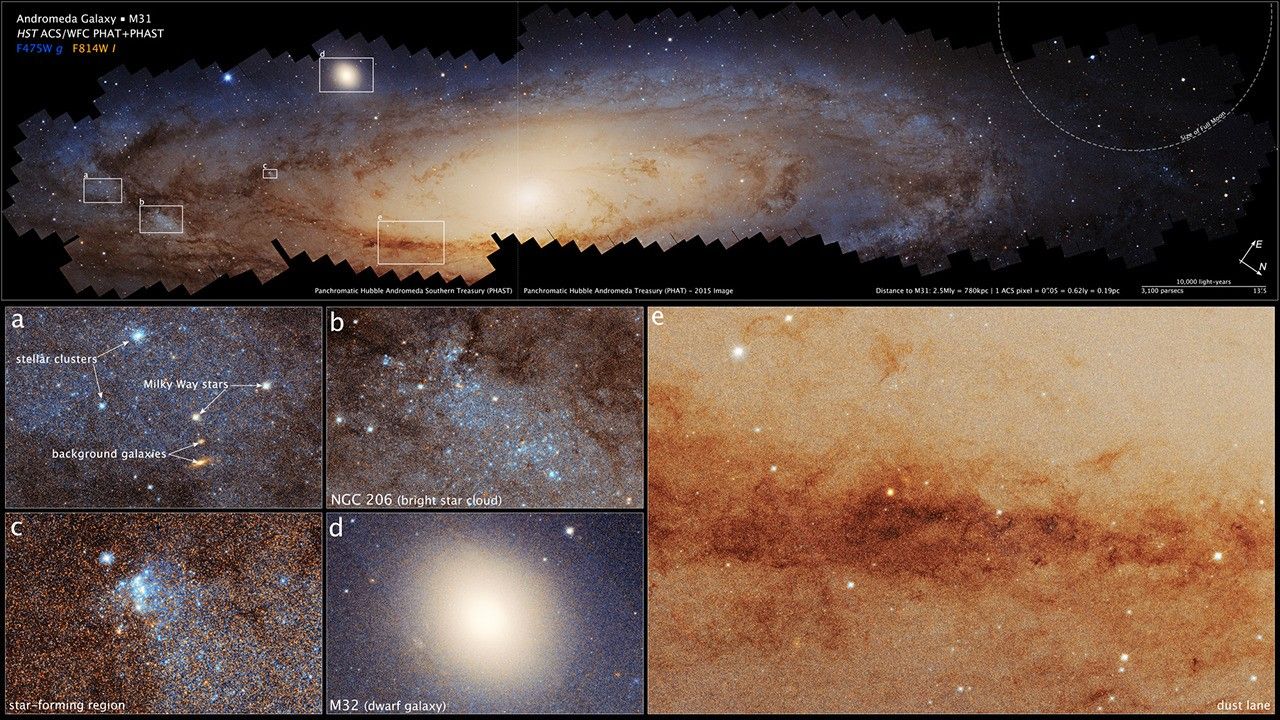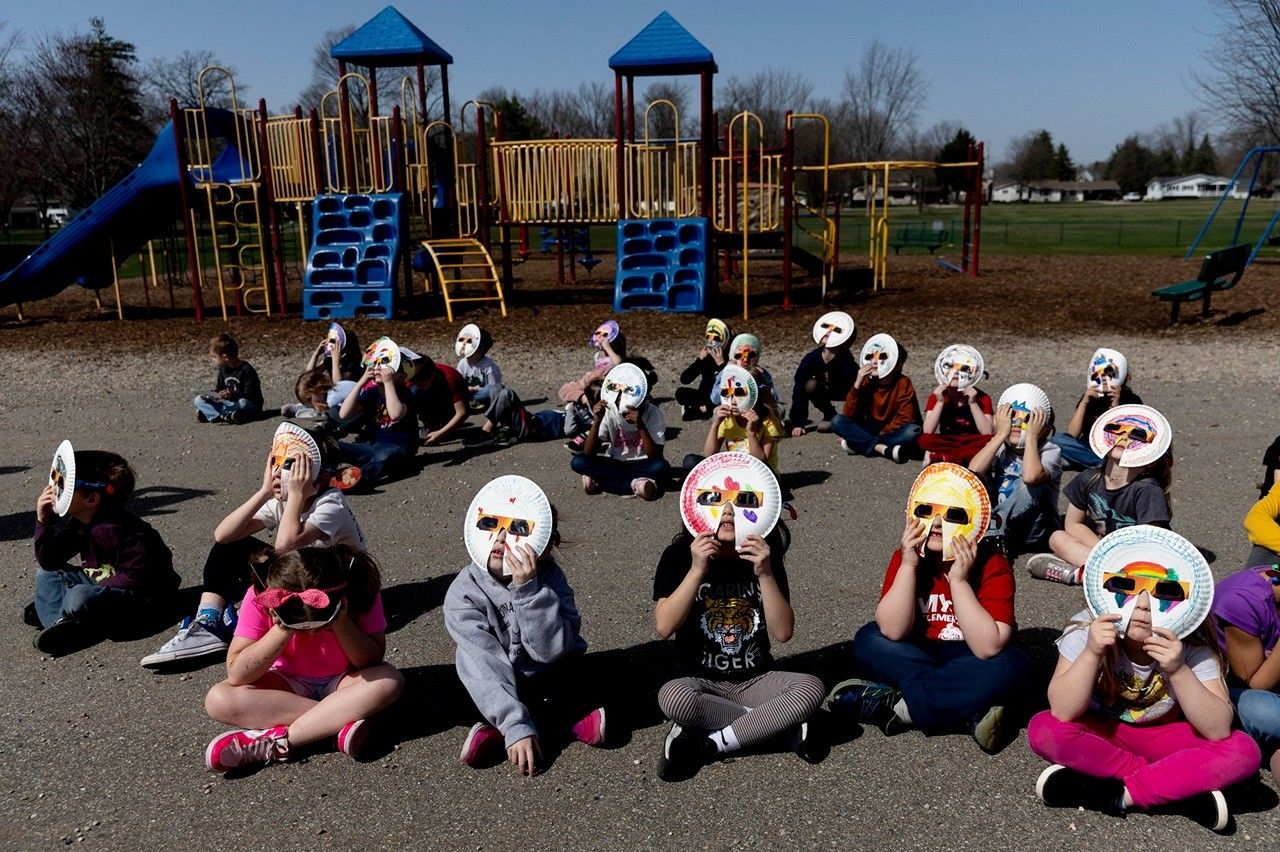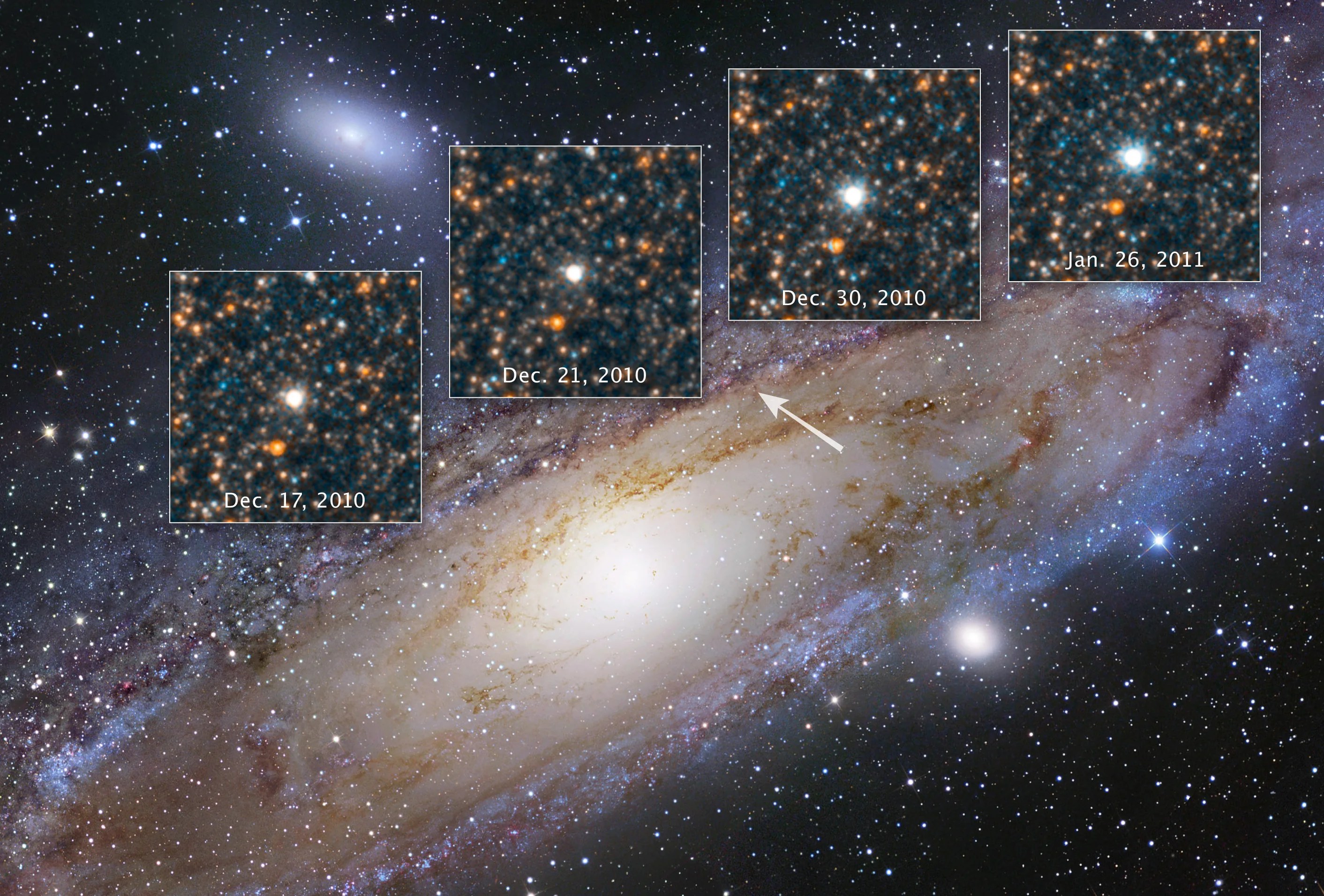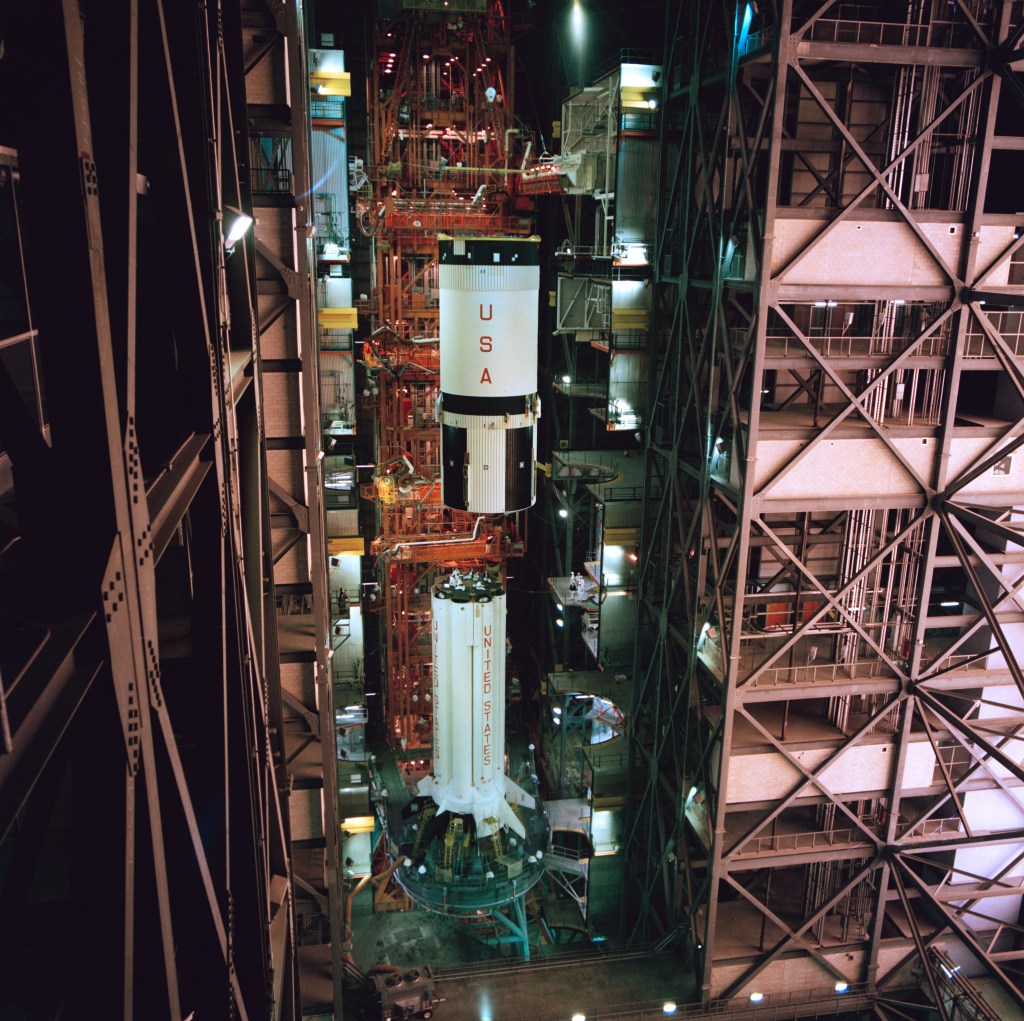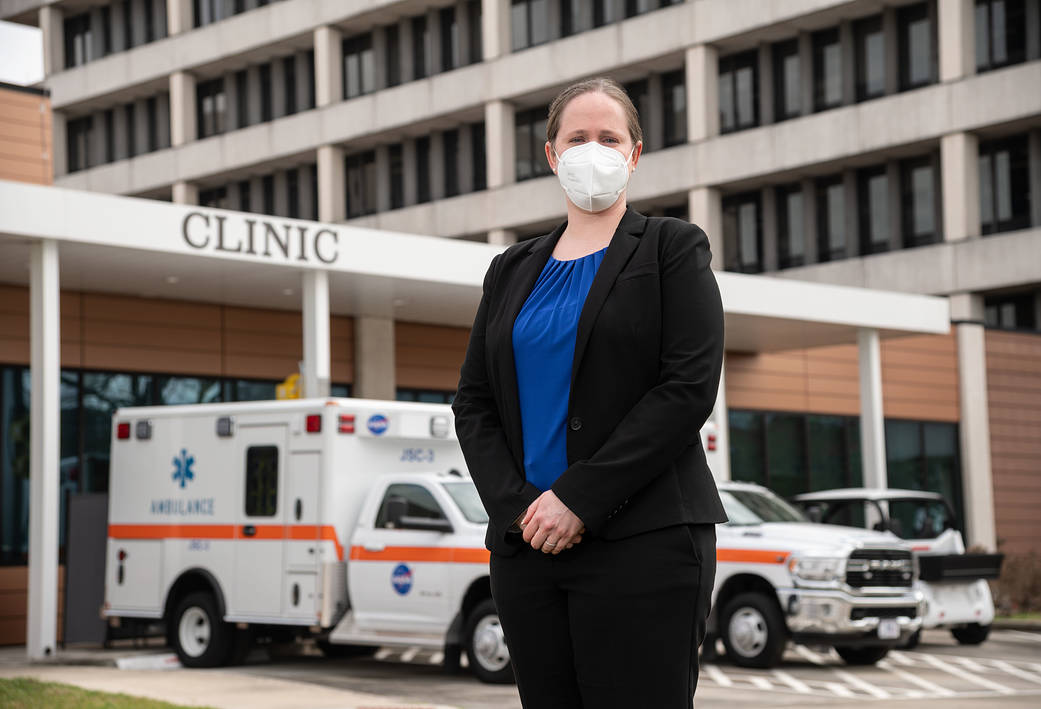“I actually find it kind of freeing when you have to make a decision quickly because you can’t overanalyze — you have to make the best decision with the information you have available. One of my favorite things about emergency medicine was the resuscitation bay. It’s a challenge of using the limited resources you have available with the knowledge you have available, because you have likely never seen that patient before. You’ve got to use what you got to solve a pretty critical problem. So I enjoyed that. It probably does speak to my personality because I’m interested in a lot of things. I love engineering. I love medicine. I love spaceflight. I love emergency medicine. I have a lot of interests, and one of the things about emergency medicine that’s really nice is you have to know a little bit of everything because you have no idea what’s going to walk through the door. You never get bored.
“Aerospace medicine is really kind of the frontier of medicine right now, because we’re pushing our boundaries of understanding and there’s still a lot we don’t know about the impacts on the human body. It’s a growing field. Before there just weren’t enough space travelers out there to warrant the need for a lot of doctors, so there was only a handful. But now, commercial spaceflight is opening up, NASA is expanding our ranks… as the astronaut cadre increases, the need for physicians increases. Private companies for the first time are hiring their own flight surgeons.
“I think that’s exciting, to be a part of it at the beginning.
“Everything that we take for granted here on the ground is complicated when you’re talking about it in spaceflight. Just administering medication, you have bubble formation — you always see on TV, a nurse or a physician will squirt a little bit of the medication to get the air out. You can’t do that in space. The bubbles aren’t going to rise to the top in microgravity. So how do you get bubbles out of solution before you administer medication? That’s a hard problem — and it’s something so simple on the ground. But everything, every medical procedure — you have to rethink it when you’re talking about spaceflight. It’s kind of like what I enjoy about emergency medicine, how you never know what’s going to come in the door. “
— Moriah Thompson, Flight Surgeon, Johnson Space Center
Image Credit: NASA / James Blair
Interviewer: NASA / Thalia Patrinos

